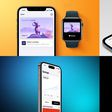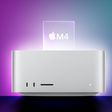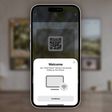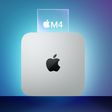Apple's two-factor authentication system is now enabled for iCloud.com, with the site asking for a verification code before allowing users with two-factor authentication enabled to access various iCloud.com apps.
Access to iCloud.com apps like Mail, Contacts, Calendar, Reminders, Pages, Numbers, and Keynote is restricted until the verification code is entered on the website, but Find My iPhone remains accessible.
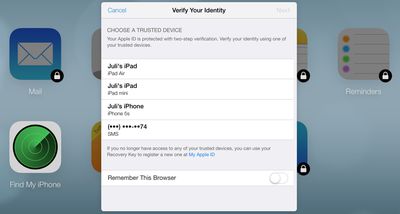
Users also receive an email when their Apple ID is used to sign into iCloud via the web browser, a feature that was implemented following the recent hacking of celebrity iCloud accounts that led to hundreds of photos being shared on the Internet.
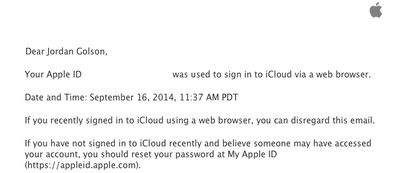
Following the hacking incident, Apple CEO Tim Cook pledged to improve iCloud security by expanding two-factor authentication to iCloud and sending out security emails when a device is restored, iCloud is accessed, or a password change is attempted. Cook also said that Apple will aim to increase awareness about two-factor verification.
Originally implemented back in March of 2013, two-factor verification is an opt-in system designed to increase Apple ID account security by requiring identity verification before allowing users to make account changes or purchase content on new devices. It replaces standard security questions with a security code delivered to a trusted device.
Apple first tested two-factor authentication for iCloud.com back in June, well ahead of the iCloud breach, but the feature was not implemented until today.




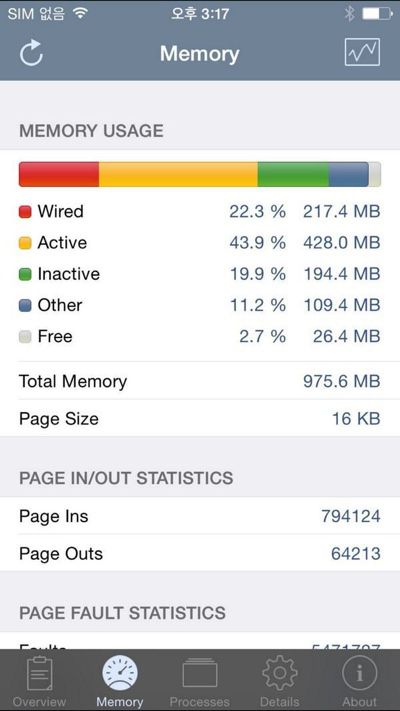
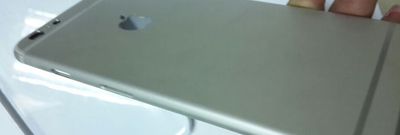
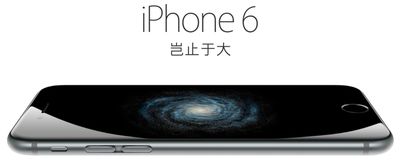
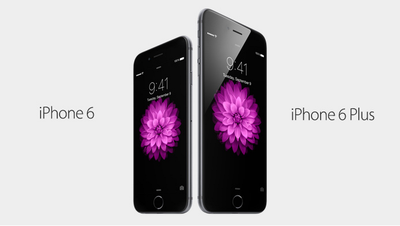
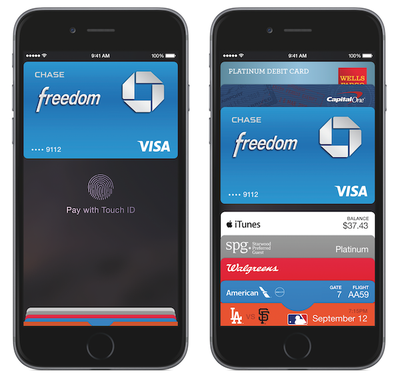
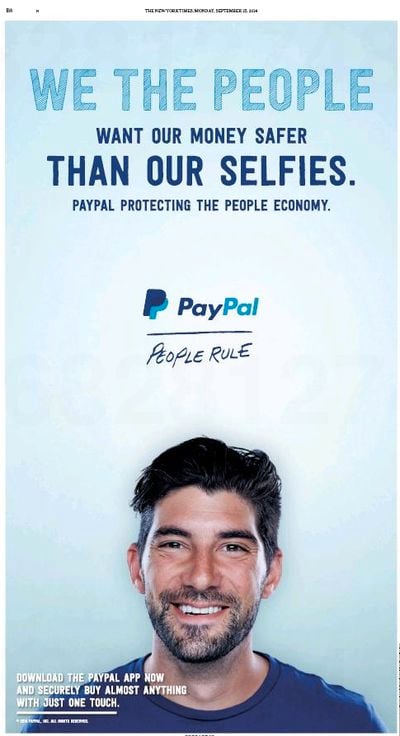
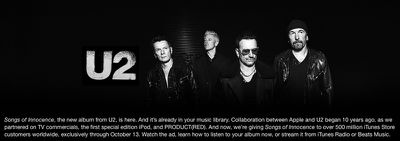
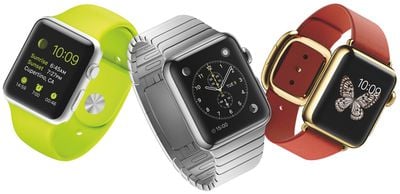
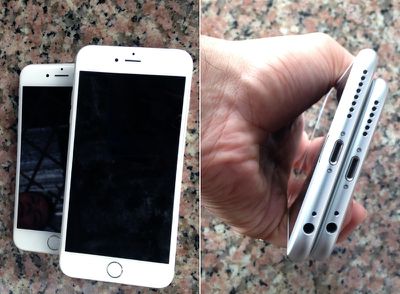
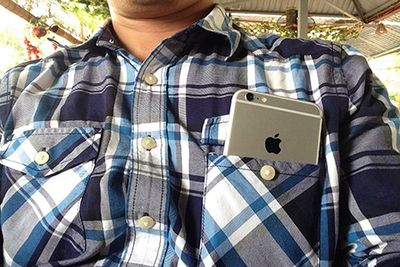
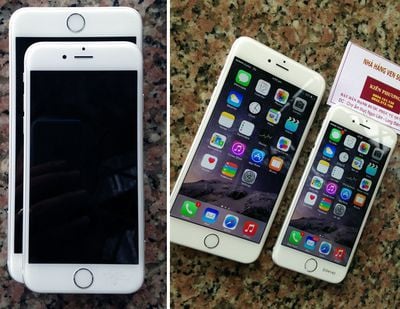
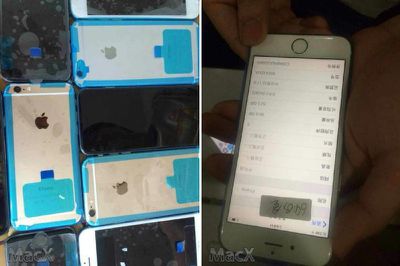
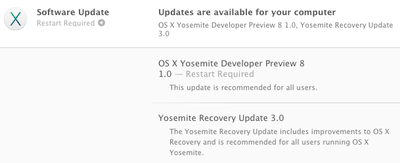
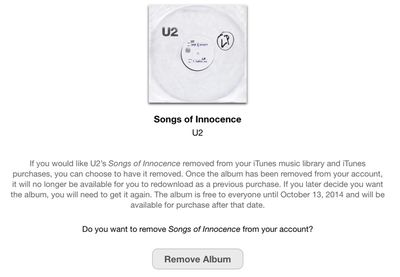
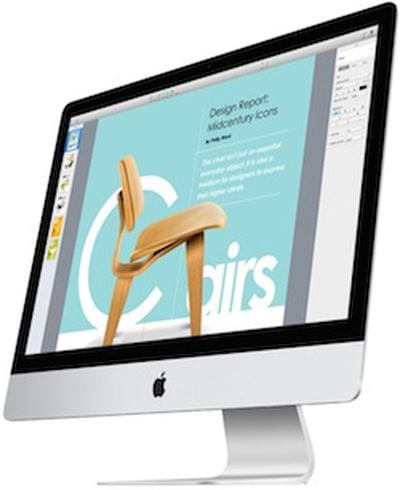 With Dell having
With Dell having 






